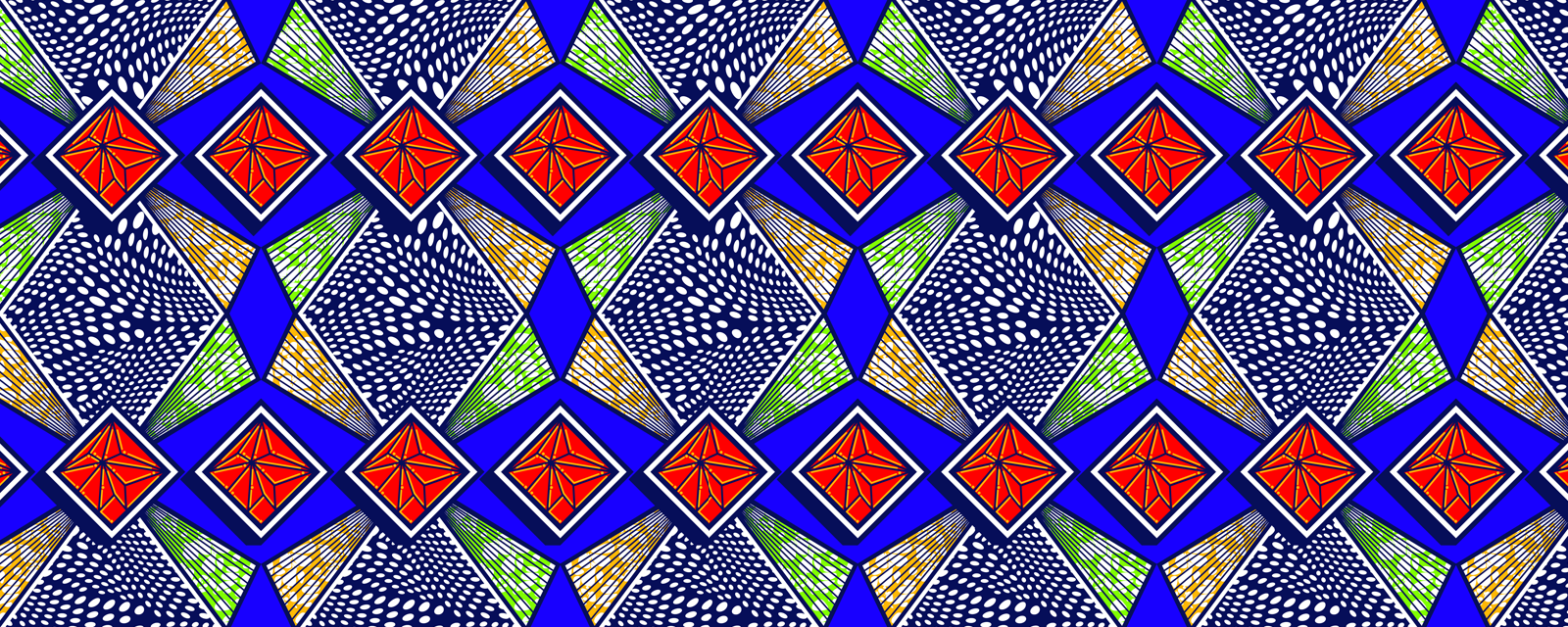A song composed to celebrate the defeat of the British army under Lord Chelmsford at the battle of Isandlwana in January 1879. The defeat brought a decisive end to the first British invasion of Zululand. The Zulu king was Cetshwayo, son of Mphande and grandson of Senzangakhona, and his chief Nduna, or commander of the Zulu army, was Ntshingwayo kaMahole Khjoza.
The song was printed without attribution in the Times newspaper in 1879. The British had a odd fascination with the Zulu people, partly as an archetype of the “noble savage”, but one they respected for their traditions and fighting ability. Baden-Powell honed his military scouting skills amidst the Zulu in the early 1880s in the Natal province of South Africa. The Scouting movement that he established for youths adopted the left-hand handshake and other ideas from the Zulu initiation rites for young men.
The defeat of the British in 1879 had another effect on European politics. Napoléon Eugène Louis Jean Joseph Bonaparte, the last heir of the Bonapartes, had trained in England as a soldier and was one of the British forces that died in a skirmish with the Zulus. This led Benjamin Disraeli to comment:
A very remarkable people the Zulus: they defeat our generals, they convert our bishops, they have settled the fate of a great European dynasty.
Thou the great and mighty chief! (1)
Thou hast an army!
The son of Sogica sent his forces (2)
We destroyed them!
The Amasoja came! (3)
We destroyed them!
The mounted soldiers came!
We destroyed them!
The Amalenja came! (4)
We destroyed them!
The Hongai came! (5)
We destroyed them!
Thou the great Chief! Thou who hast an army!
When will they dare to repeat their attack?
Printed anonymously in The Times (London),
31 July, 1879, p.10
Footnotes
- Cetshwayo kaMphande, Zulu king from the death of Mphande in 1872 to Cetshwayo’s defeat by the British at the Battle of Ulundi in 1879. He died in 1883, from wounds caused in a war between different Zulu factions. He is commemorated as the last independent Zulu king and, for his victory at Isandlwana, as great a miltary genius as Shaka.
- Theophilus Shepstone
- The British soldiers
- The African Natal volunteers
- The Natal mounted police

